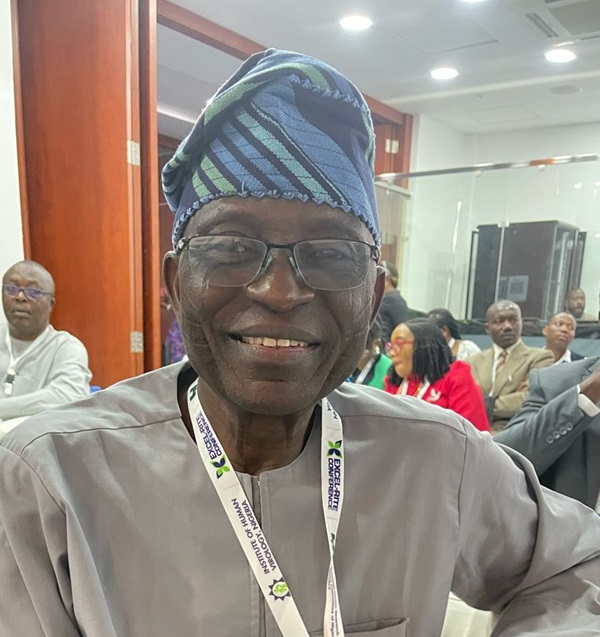
The National Health Research Ethics Committee (NHREC) has called for stronger ethical standards in Nigeria’s health research sector, highlighting the urgent need to build a more transparent and responsible research environment.
Speaking at a three-day national conference in Abuja on Monday, themed “Exploring Excellence in Ethical Conduct, Leadership for Research Integrity Through Empowerment” (EXCEL-RITE), NHREC chairman, Prof. Richard Adegbola underscored the critical role of ethics in the nation’s research development.
Science Nigeria reports that the conference was organised in partnership with the NHREC and the Institute of Human Virology Nigeria (IHVN), to foster a culture of ethical and transparent research across academia, government and industry.
Addressing an audience of researchers, policymakers, and health professionals, Adegbola called for greater collaboration among all stakeholders, including scientists, academic institutions, communities and regulators, to strengthen Nigeria’s research ethics framework. He traced the evolution of Nigeria’s research ethics landscape, recalling the difficulties of the 1980s when limited funding, low interest, and fragmented activities hampered the establishment of a coordinated regulatory body.
He pointed to ethical lapses in clinical trials, particularly the controversial 1996 Kano study, as a pivotal event that prompted major reforms in the country’s approach to health research ethics. Reflecting on this turning point, he stressed that it was a wake-up call that shaped the drive toward more stringent ethical standards.
In celebrating recent progress, Adegbola highlighted the establishment of the National Health Act of 2014 and the National Health Statistics Committee as key milestones that have strengthened the regulatory environment. He noted, however, that challenges remain, including a weak enforcement system, insufficient awareness, cultural complexities surrounding community consent and persistent funding shortages.
He pointed to the launch of eProtect, a digital platform introduced in December 2024, as a positive step toward streamlining protocol submissions and enhancing transparency in the ethics review process. Adegbola further suggested that Nigeria explore emerging technologies like blockchain to improve data management and ensure secure information transfer, potentially positioning the country as a leader in research ethics innovation.
He emphasised that Nigeria must invest in ethics education, mentorship, and infrastructure to cultivate a new generation of responsible researchers. According to him, integrity, trust and systemic reforms are essential to ensuring that Nigeria’s research community can contribute meaningfully to global scientific advances.
“Nigeria’s research future is bright – but only if we do it together, do it well, and do it right,” he said.
Also speaking at the event, IHVN’s chief operating officer and principal investigator for the conference, Dr. Charles Mensah stressed the need for sustained commitment to ethical practices across the health research sector. He noted that with continued reforms, expanded funding opportunities, and deeper collaboration among stakeholders, Nigeria has the potential to lead Africa in ethical, impactful research.
The conference brought together a diverse range of stakeholders, including researchers, health workers and policymakers, all united in the goal of advancing Nigeria’s well-being through ethically sound and innovative research practices.

